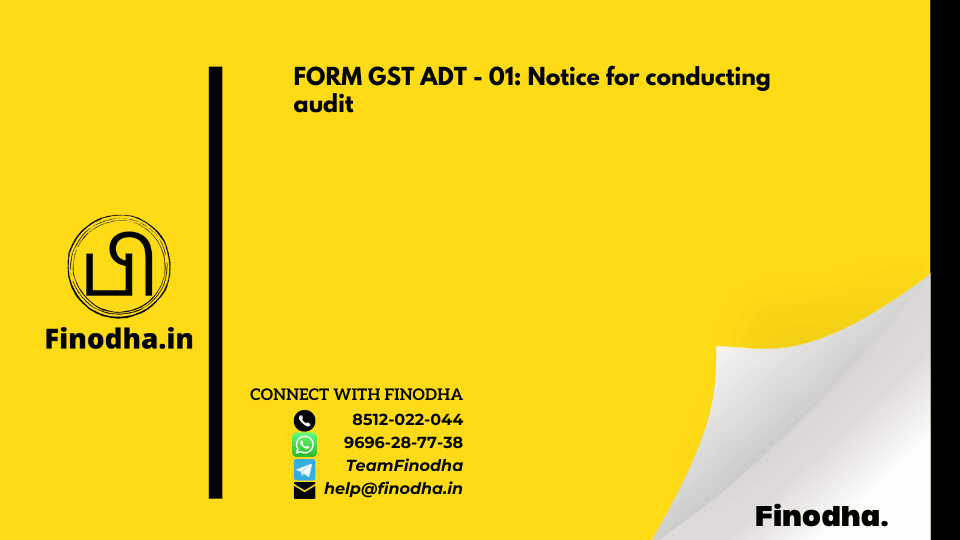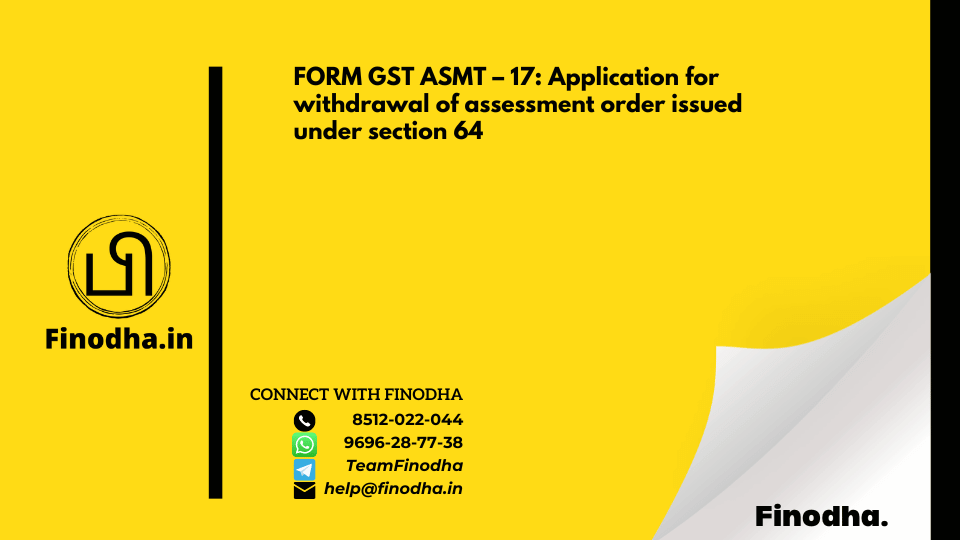Important Keyword: Income Tax, IT Notice, Notice u/s 142(1).
Table of Contents
Section 142(1): Inquiry Before Assessment
Section 142(1) notices are issued by the Income Tax Department for various reasons, including non-filing of returns, discrepancies in tax returns, incomplete information, underreported income, suspicions of tax evasion, reassessment, and statute of limitations. These notices serve as a means for the department to request additional information or clarification regarding the disclosures made in the tax returns.
Purpose of Notice under section 142(1) of Income Tax Act
Section 142(1) of the Income Tax Act empowers the Income Tax Department to issue notices for various purposes, primarily to ensure compliance and accuracy in tax filings. Let’s delve into these purposes in a simplified manner:
- Filing of Income Tax Return: If an individual or entity fails to file their income tax return within the stipulated time frame or by the end of the relevant assessment year, the Income Tax Department may issue a notice under section 142(1) prompting them to do so. It’s crucial to note that merely filing the return isn’t sufficient; it must also be electronically verified within 30 days to avoid it being deemed invalid.
- Submission of Specific Documents: Even after filing the return, the Assessing Officer (AO) may require the taxpayer to furnish specific accounts and documents to validate the information provided. These could include evidence supporting claimed deductions, invoices related to business expenses, or any other documents deemed necessary for assessment.
- Additional Information as Required: The AO reserves the right to seek additional information, notes, or workings from the taxpayer pertaining to specific aspects of their financial affairs. This could include details on assets and liabilities or any other relevant information essential for a thorough assessment.
Receiving a notice under section 142(1) is not uncommon and doesn’t necessarily indicate wrongdoing. It’s primarily a means for the tax authorities to ensure accuracy and completeness in tax filings, thereby fostering transparency and compliance within the tax system.
Sample Notice under section 142(1) of Income Tax Act

Consequences of non-compliance
When a taxpayer receives a notice under section 142(1), it’s imperative to respond promptly. Ignoring such notices can lead to serious consequences, including:
- Best Judgment Assessment under section 144: If the taxpayer fails to respond, the assessing officer may resort to Best Judgment Assessment, wherein the officer assesses the taxpayer’s income to the best of their judgment based on available information.
- Penalty Imposition of ₹10,000: Non-compliance with the notice may result in the imposition of a penalty of ₹10,000.
- Warrant for Search under section 132: In severe cases of non-compliance, the Income Tax Department may issue a warrant for a search operation under section 132 to gather necessary information.
- Possibility of Imprisonment: Failure to comply with the notice can also lead to imprisonment for up to 1 year, with or without a fine.
To streamline the assessment process and ensure transparency, the Income Tax Department has introduced E-assessment through the ‘Faceless Assessment Scheme, 2019’. Under this scheme, assessments are conducted in a faceless manner, with exceptions. If the assessing officer remains unsatisfied with the response to the notice issued under section 142(1), they may proceed with scrutiny assessment under this scheme.
Responding to the notice can be done online through the following steps:
- Log in to the Income Tax e-filing portal.
- Select “Pending Action” and then “E-Proceeding”.
- Choose “View Notices” and select the notice for which a response is required.
- Submit a response by clicking on “Select Response type for Notice” and choose between Partial Response or Full Response as per the requirement.
Adhering to these steps ensures timely and accurate responses to notices issued under section 142(1), thereby avoiding any potential penalties or legal repercussions.
Read More: Section 148: Income Escaping Assessment
Web Stories: Section 148: Income Escaping Assessment
Official Income Tax Return filing website: https://incometaxindia.gov.in/





0 Comments